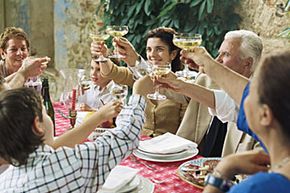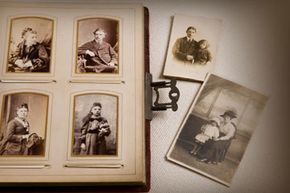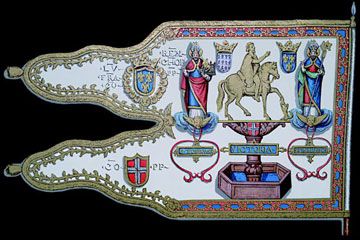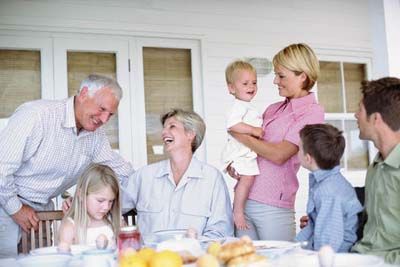It's easy to forget what's important when life is overrun with daily stress. It's even easier when the world is changing so rapidly, as constantly evolving technology reforms how we both perform our daily tasks and celebrate special occasions. So it becomes critical to take a step back, and remember the past and how those who came before us dealt with life's struggles and joys.
Your heritage is something that's passed down to you. It could be something concrete, like property or significant items and objects. But often, when people speak of heritage, they're referring to more abstract things, like traditions, rituals, and even traits and beliefs. But every form of heritage has significance, and people who cherish their ancestors and family history want to protect it, keeping it alive in the present and for future generations.
Advertisement
Celebrating family heritage allows us to memorialize these special histories. We can remember in a special way where we came from and how we got where we are. For many, celebrating heritage is a way of understanding one's own identity more deeply. If your ancestors were immigrants, you can celebrate the culture they came from, as well as reflect on why and how they left their original country. Or, if your ancestors have a long-standing tradition where you live, you can learn more about how the place has changed throughout that history.
In some ways, it has become harder to retrace and relate to family heritage as the world has changed. Dr. Vern Bengtson, professor of gerontology and sociology at the University of Southern California in Los Angeles, argues that, historically, people were closer to their relations because they were more reliant on the family unit for survival. However, even though people in modern society tend to be more independent, he says that our emotional needs still benefit greatly from strong family relationships, both in good times and in bad [source: ENCToday]. And celebrating your shared heritage can help you strengthen those family bonds.
Of course, the first step to celebrating heritage is to find out what it is.
Advertisement



